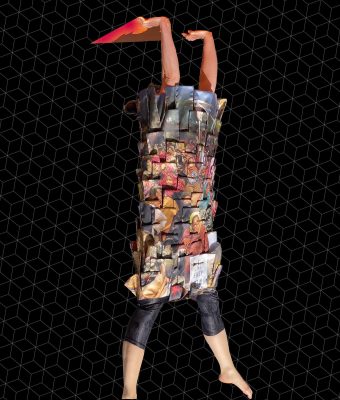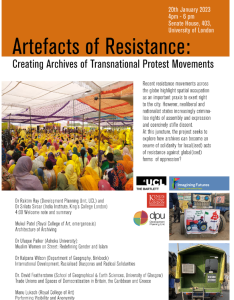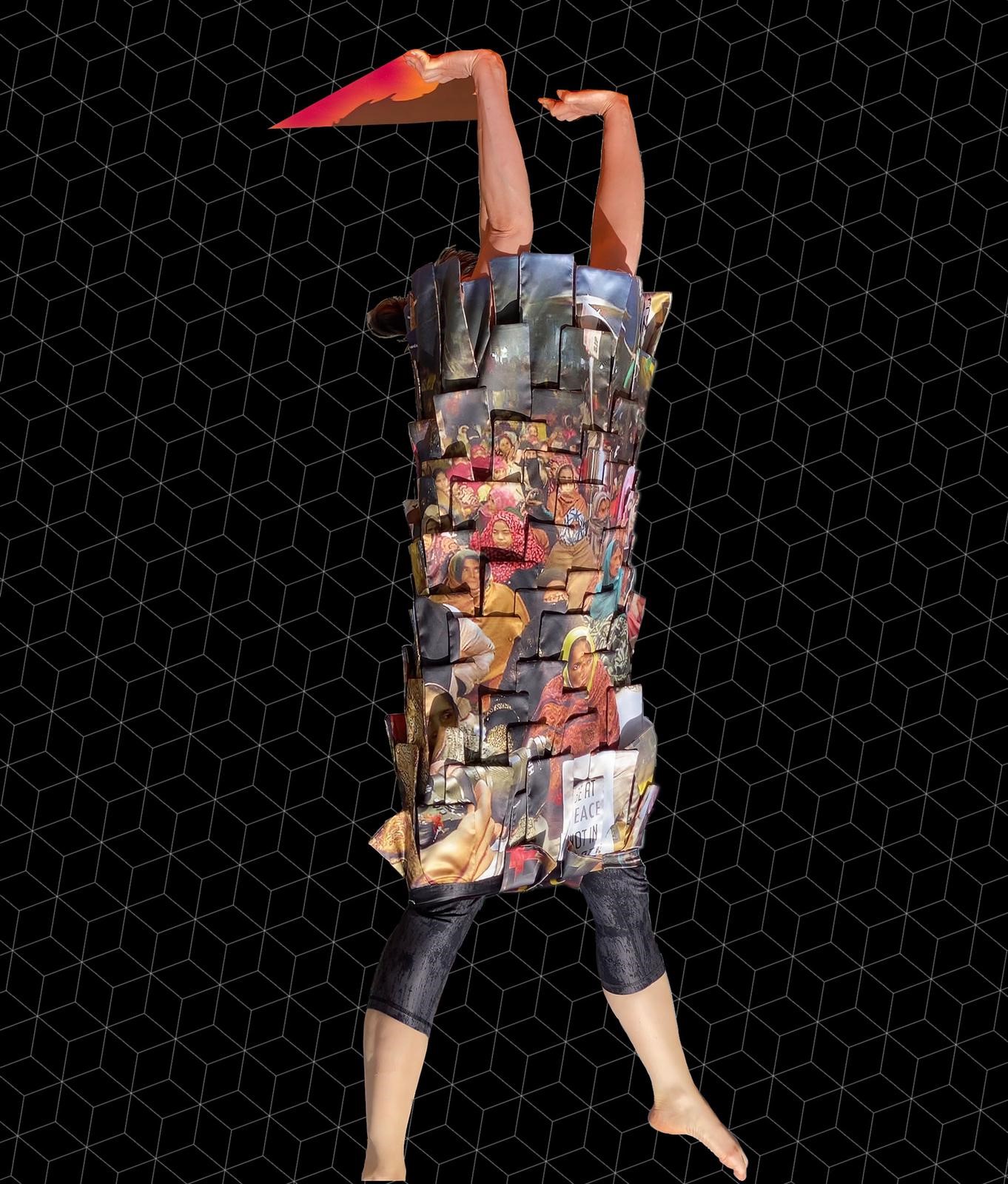
Location
Kolkata, Delhi, Patna, Ranchi; India and London; UK
Synopsis and Position
The project curated artefacts from two contemporary protests in India namely, Shaheen Bagh sit-in peaceful protest started to oppose the discriminatory Citizenship Amendment Act and National Register of Citizens, 2019 and Farmers Protests near Singhu border against the Indian Agriculture Acts of 2020. This project builds on oral historical accounts of the protesters from various cities in India viz. Delhi, Ranchi, Patna, Kolkata and Singhu Borader and creates a repertoire of autonomous archives. Both of these protests adopted spatial occupation as a form of resistance to counter the state and the sites of spatial occupation became an oeuvre of various forms of artefacts (posters, banners, badges, poetry and performances). By archiving these forms of artefacts from the below, the project shows how a process of archiving itself becomes a part of resistance and how subaltern groups claim their agency through archiving. Finally, the project exemplifies how curation of such an archive creates a collectivised form of knowledge from below and opens up possibilities of creation of an egalitarian archive.
Objectives and Methods
The aim of the project is to create an innovative digital archive to curate artefacts of various resistance movements. To do so, the project has four objectives:
-
- Collection of oral historical accounts from protest sites of Delhi, Singhu Borader, Patna, Kolkata and Ranchi
- Curate additional archival materials from diasporic solidarity groups in the UK in support of the Farmers Protest
- To create a collaborative platform of digital archive for progressive transnational movements like BLM Movement, Palestine Solidarity Campaign and Kill the Bill Movement.
- To integrate artistic artefacts and performative approaches in the archive, and in its dissemination.
Methodologically the project relies on oral histories of the protesters. Through in-depth one-to-one interviews, the project focuss on the life histories of key actors including their family lineage, caste, profession, and religion to map the socio-economic composition of protestors.
Workshops and Events
-
- Opening Event and roundtable discussion on Archiving (January 2023)
- Public-facing digital repository of artefacts https://artefactsofresistance.org/ (Launching January 2024)
- Performative concept costume that incorporates visual documentation by and about protesters.
- A special issue on ‘Geographies of Counter-archiving’ in ‘Transactions of the Institute of British Geographers’ (Expected date of publication: December 2024)
- Closing event, roundtable discussion and exhibition of visual materials (March 2024)
Activities 
January 2023: Launch Event
January 2023: The project team was invited in the Vestibule event at Central St Martins, London to present the project.
January 2023: Imagining Future-Ghana workshop- Srilata and Mukul presented ‘Archiving Resistance’.
February 2023: Imagining Future-Turkey Workshop: Raktim presented on ‘Artefacts of Resistance’.
May 2023: Port Cities and Decolonial Geography: Urban Studies Foundation Seminar Series, University of Glasgow: Raktim was invited for a talk on ‘A Decolonial Geography of Resistance: Care and Solidarity at the Urban Margins of India’
August 2023: Royal Geographical Society Annual Conference, London: Raktim and Srilata organised a panel on ‘The Place of the Archive: A Geographical Enquiry into Archiving as Knowledge Politics’. As a continuation from the panel, a special issue on ‘Geographies of Counter-archiving’ has been accepted by ‘Transactions of the Institute of British Geographers’, a peer reviewed journal which will be edited by Srilata and Raktim and will include selected contributions from the panel.
September 2023: Fashion X AI, London Manu Luksch was invited to showcase the dress that came as part of the project.
March 2024: Project Closing event at UCL (TBC)
July 2024: One day writing workshop for special issue contributors at Kings College (TBC)

